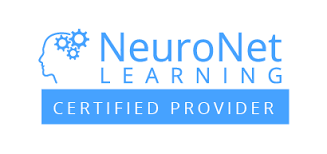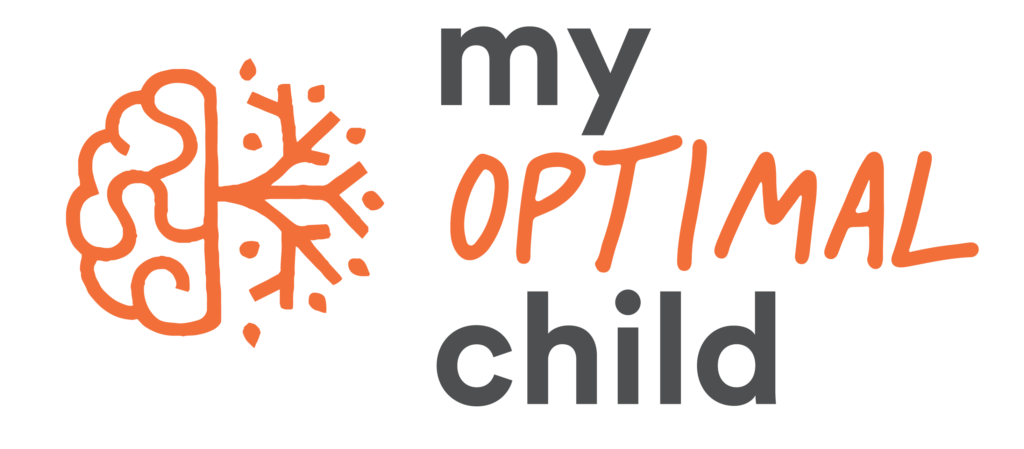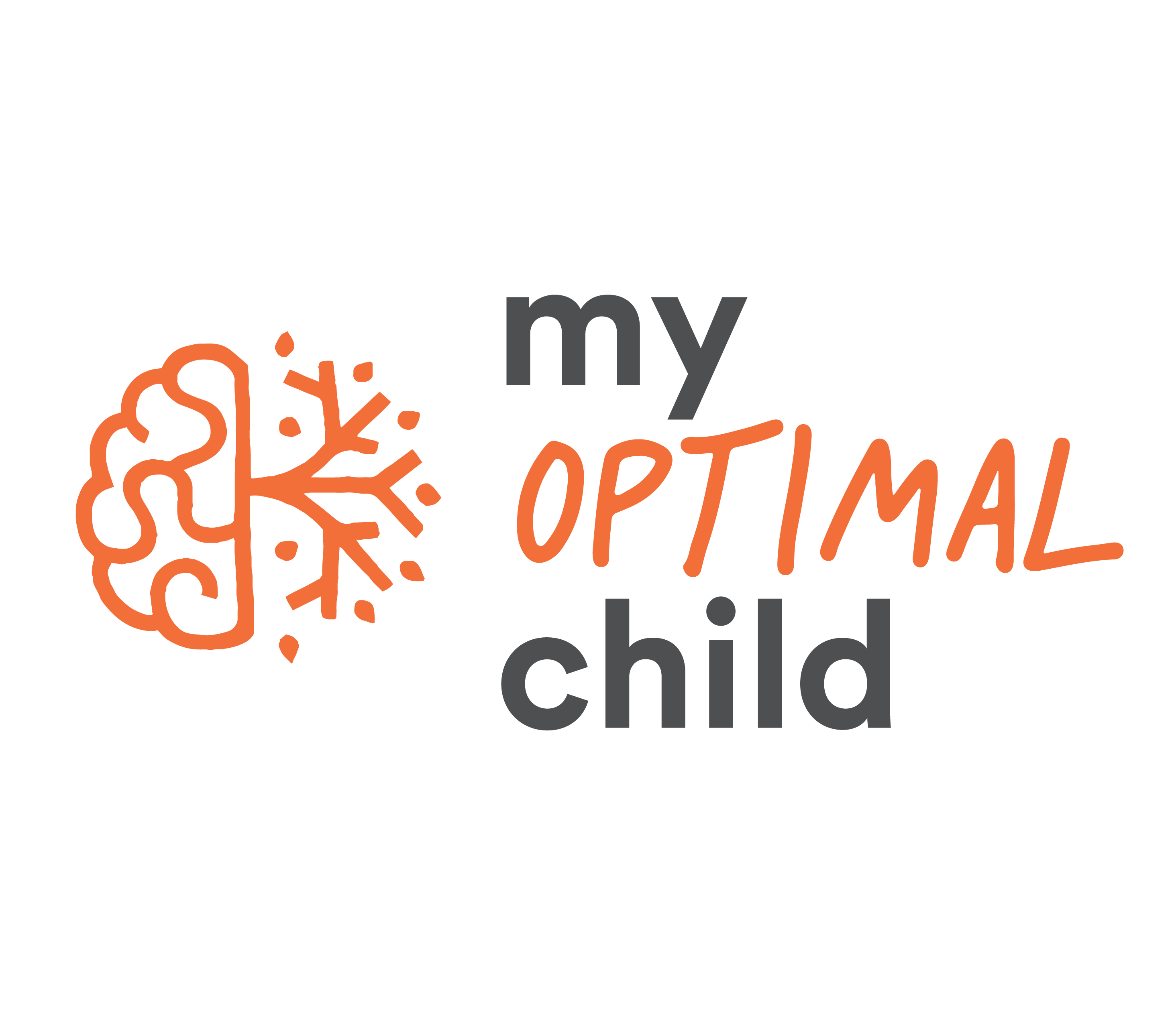
WHAT IS NEURONET?
-
A research-based learning readiness program designed to help children develop core academic skills and become independent learners. -
It provides structured, sequential exercises for perceptual-motor development which lays the foundation for automating basic academic skills; e.g., handwriting, reading decoding, and math-fact retrieval. -
Individualized NeuroNet programs can be used to help struggling learners who have not automated basic reading, writing and math skills during early childhood.
HOW DOES THE PROGRAM LOOK LIKE?
WHO BENEFITS FROM THE PROGRAM?
Struggling learners who have not automated basic reading, writing and math skills during early childhood. Children diagnosed with:
- Speech delay
- Dyspraxia or apraxia of speech
- Developmental delays
- ADD and ADHD
- Balance disorders
- High-functioning autism
WHAT IS THE RESEARCH BEHIND?
NeuroNet is backed by empirical results, and the NeuroNet approach is backed by hundreds of peer-reviewed articles in the world’s top scientific journals. NeuroNet programs help children achieve greater automaticity, or fluency, in their development of essential reading, handwriting, and math skills.
Click the links below to delve deeper into research supporting the NeuroNet approach to learning.
- HANDWRITING RESEARCH
- MOTOR DEVELOPMENT RESEARCH
- RHYTHM RESEARCH
- EXERCISE AND OBESITY OR DIABETES RESEARCH
WHAT ARE THE DIFFERENT LEVELS IN NEURONET?
An assessment is provided to place the child in the appropriate program
- PreK- Program: for children ages 4 and up
- Program 0: for children ages 5 and up
- Program 1: for children ages 6 and up
- Program 2: for children ages 7 and up, who have already completed Program 1

